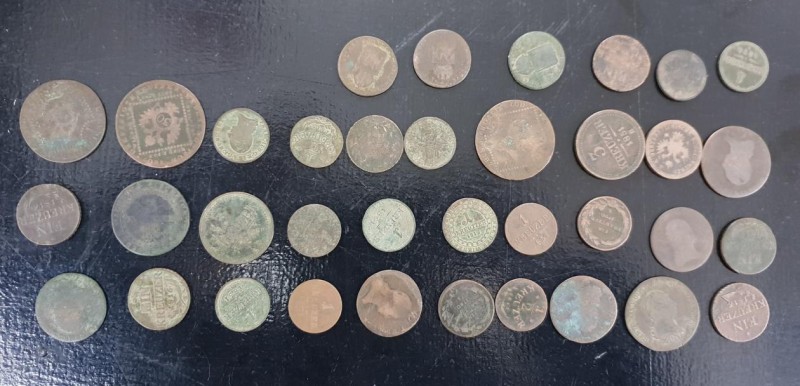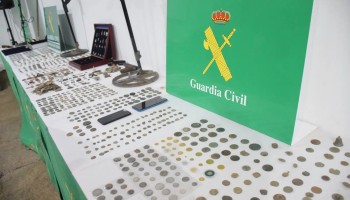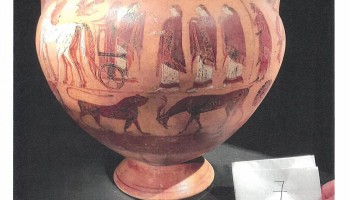Among the culturally valuable items were an ancient Mesopotamian crystal cylinder seal, a 15th-century bible that had been stolen in Germany over 25 years ago, 91 ceramic objects, and 109 ancient coins.
Operation Pandora III was coordinated by the Spanish Civil Guard with the help of Europol and the World Customs Organization.
Europol noted that the operation made heavy use of Interpol’s Stolen Goods database and was partly carried out over a week in October, when the 29 participating law enforcement agencies showed up at auction houses, private residences, galleries, museums, archaeological sites, and key trans-national ports of entry (such as ports and airports) to make arrests and collect trafficked items.
Pandora III is the latest in a string of European sting operations to crack down on the trafficking of items of cultural value, which has increasingly come to serve as a money laundering vehicle for organized crime and terrorist groups as the antiquities market has become increasingly valuable in the last two decades.
In 2017 and early 2018, Europol helped carry out operations Pandora I and Pandora II, which saw the netting of 3,561 and over 41,000 artifacts, respectively.
In summer 2018 a consortium of European law enforcement agencies dispatched 250 officers to simultaneously search 40 houses across Italy, Germany, Spain, and the UK, resulting in the seizure of over 25,000 archeological items.
A few months later, the Spanish Civil Guard and Bulgarian police carried out a similar “Operation Sardica,” during which 30,000 artifacts, some forged, were retrieved and 13 gang members arrested.
Given artifact trafficking largely takes place over the internet, the Dutch police also helped coordinate a “cyber patrol week.”
Most of the seized items were European in origin, but Europol said that more than 30 came from countries across the Middle East and Latin America.






